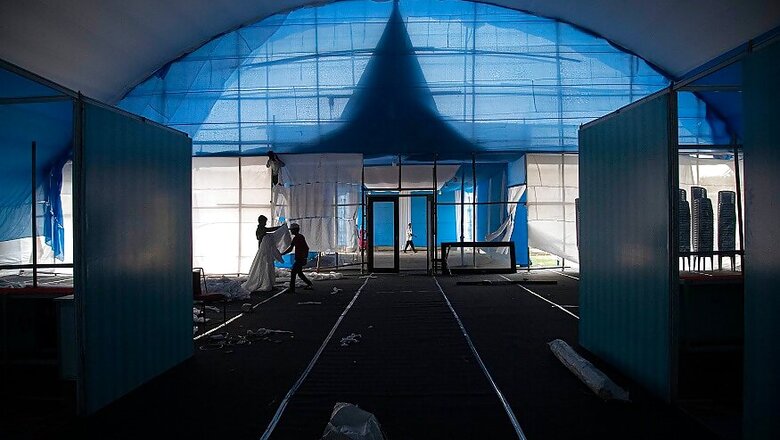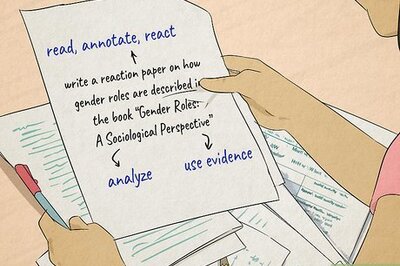As Coronavirus Isolates Patients from Families, Counselling Becomes Lifeline for Sound Mental Health

views
Bengaluru: More than 20,000 people are under home quarantine in Karnataka after they returned from foreign countries. Those with symptoms have been tested with reports awaited, while those who tested positive are in hospital quarantine where health professionals take care of them round the clock. Apart from physical health, medical professionals are addressing the often ignored aspect of quarantine centers – mental health.
At home or hospital, the initial days are filled with uncertainty on how long this would last, which is coupled with anxiety about whether they would spread it to others.
"They find it difficult to cope with the food, the place and timings. They had concerns about hygiene too. At a government hospital, you may not always get what you want. We had to make them understand why this was important - for the good of their near and dear ones, for the society at large. Slowly, everybody was fine because there was more awareness," says Dr Rajini P, Psychiatrist and deputy director, mental health.
The team, which has access to the contacts of all those under quarantine, calls up the individuals to check on them and ensure they are doing well. It has conducted more than 12, 500 counselling sessions, so far.
The first patient who was discharged from Rajiv Gandhi Institute of Chest Diseases in Bengaluru said he found it difficult to sleep at night due to the jet lag in addition to the stress of being tested positive for COVID-19. He had a high fever.
"Doctors were guiding me throughout. They asked me to relax as much as I can. Because of my jet lag (after returning from the US), my sleep pattern was messed up. I was sleeping during the day and completely awake at night. Dr Rajani called me to check how I am doing. I poured out all that I was going through. The place, the food. I had other concerns also that I shared. My company arranged for my food but nobody would come in to deliver as they were scared. I slept hungry sometimes because I could not adjust with the food. But arrangements improved over time and everything was taken care of," said the patient in a video released by him.
Children who were supposed to be enjoying their summer vacation at this point are expected to stay indoors too.
"In the case of children, they get bored very easily. They may not be able to express it so they might be hyperactive, restless or irritable. So we ask them to be engaged in some indoor games. With adolescents we ask them to speak to friends, take up an online course, do breathing exercises. When it comes to adults, most of them might work from home. But we tell them all to make use of the time productively, not sleep during the day because they are bored but instead to do breathing exercises or yoga. Even restrict the consumption of news if that's adding to anxiety" she added.
But the most important part was to keep everyone aware of the facts. A 56-year-old man in Udupi, Karnataka, allegedly committed suicide on March 25 fearing he had the novel coronavirus. His death note asked his family members to get tested while he was not even in the list of those home quarantined.
"People need to be told what this virus is, how it is spread. Also, when they need to get tested and what happens after that. There would be preliminary test in case of symptoms showing up whose result would be out in 24hrs, then a confirmatory test, which you would get in another 24hrs. If it's negative they would be sent home and asked to be in home quarantine for up to 28 days. If it's positive then they would be hospital quarantined until their next two tests are negative under doctors’ care. Until they have the clarity, they would be uncertain and jittery," says Rajani.
The state helpline 104 deals with general queries on COVID-19 while more serious issues concerning mental health are routed to this team. In addition to this, support is also available at 97456v97456, 080-46848600, 080-666 92000.
















Comments
0 comment